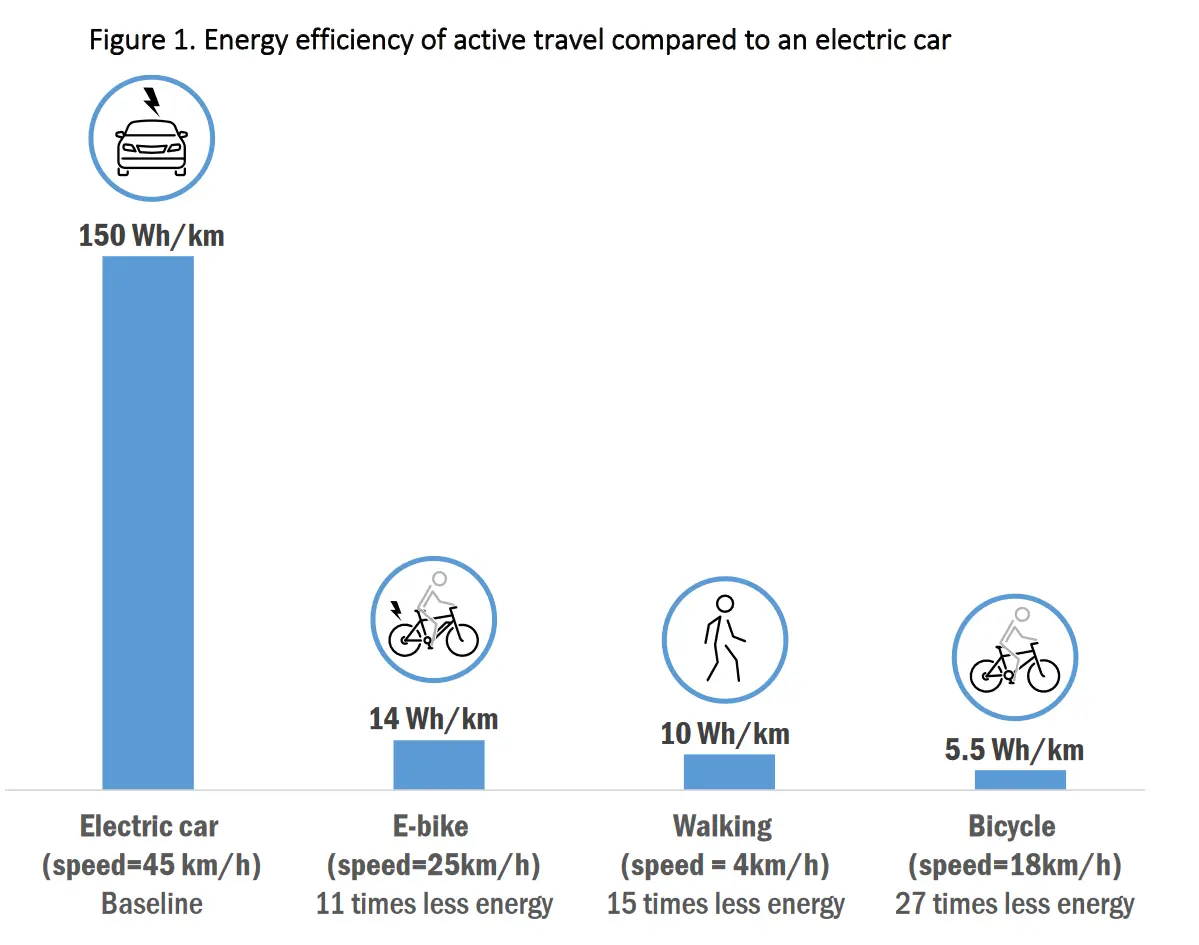this post was submitted on 03 Mar 2024
367 points (91.6% liked)
Climate - truthful information about climate, related activism and politics.
5380 readers
197 users here now
Discussion of climate, how it is changing, activism around that, the politics, and the energy systems change we need in order to stabilize things.
As a starting point, the burning of fossil fuels, and to a lesser extent deforestation and release of methane are responsible for the warming in recent decades:

How much each change to the atmosphere has warmed the world:

Recommended actions to cut greenhouse gas emissions in the near future:

Anti-science, inactivism, and unsupported conspiracy theories are not ok here.
founded 2 years ago
MODERATORS
you are viewing a single comment's thread
view the rest of the comments
view the rest of the comments

Looks like trains are about 50wh/km
https://www.linkedin.com/pulse/most-energy-efficient-mode-zero-emission-urban-transport-kme%C5%A5
I couldn't find any info on planes, but that'd be interesting to see how massive that would be too.
It's that normalized by passenger or is that just the train?
Normalized by passenger, certainly. However, it's easier to hit passenger capacity in a train than in a (private) car.
Wait the private car isn't normalized as 1 person per car or 1.2 average people per car?
Deeply suspicious framing if that's the case.
You misunderstood me. For one, I simply assumed that locomotives have big engines for a reason and thus the number can't be calculated for the entire train. For two, when I mentioned the capacity of cars, I meant maximum passenger capacity. I said that because at maximum passenger capacity, cars become a reasonable means of transportation whereas normally, they are ridiculously inefficient.
So if you just 4 people in an electric car then it beats a train? Huh
The 50 is normalized to passenger. I think it's 30 per seat, but I guess they don't fill all the seats usually.